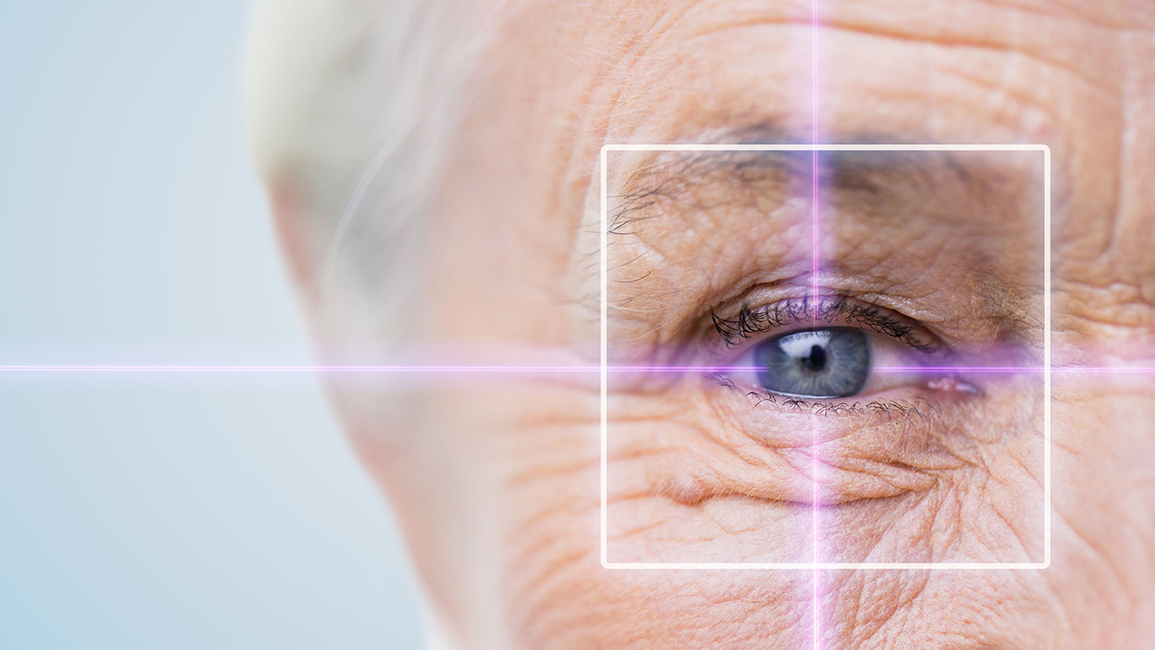Navigating Cataract Treatment: Is Laser Cataract Surgery Your Best Option?
Cataracts are a common age-related condition that can significantly impact vision and quality of life. Fortunately, advancements in medical technology have led to the development of innovative treatment options, including laser cataract surgery. But is laser cataract surgery the right choice for you? In this article, we’ll explore the options available for cataract treatment and delve into the considerations to help you determine if laser cataract surgery is the best fit for your needs.
Understanding Cataracts and Treatment Options
Cataracts occur when the natural lens of the eye becomes cloudy, leading to blurred vision, sensitivity to light, and difficulty seeing at night. While cataracts can develop slowly over time, eventually impacting daily activities such as driving, reading, and watching television, they can be effectively treated through surgery.
Traditional cataract surgery involves manually creating an incision in the eye and using ultrasound energy to break up and remove the cloudy lens, which is then replaced with an artificial intraocular lens (IOL). While this approach has been successful for many patients, laser cataract surgery offers several potential advantages, including increased precision, improved outcomes, and faster recovery times.
Exploring Laser Cataract Surgery
Laser cataract surgery utilizes advanced laser technology to perform key steps of the cataract removal procedure with unparalleled precision and accuracy. During laser cataract surgery, a femtosecond laser is used to create precise incisions in the cornea, fragment the cataract-damaged lens, and soften the lens for easier removal. This level of precision allows for a customized treatment approach tailored to each patient’s unique eye anatomy, resulting in improved visual outcomes and reduced risk of complications.
Benefits of Laser Cataract Surgery
There are several potential benefits associated with laser cataract surgery compared to traditional cataract surgery:
1. Enhanced Precision: The use of laser technology allows for precise incisions and fragmentation of the cataract-damaged lens, resulting in improved accuracy and predictability of surgical outcomes.
2. Reduced Risk of Complications: Laser cataract surgery may reduce the risk of certain complications, such as corneal edema, capsular tears, and intraocular lens misalignment, by minimizing trauma to the eye tissue.
3. Customized Treatment: Laser cataract surgery enables surgeons to tailor the procedure to each patient’s unique eye anatomy, optimizing visual outcomes and reducing the need for corrective measures such as glasses or contact lenses post-surgery.
4. Faster Recovery: Some patients may experience faster recovery times following laser cataract surgery due to reduced inflammation, improved wound healing, and enhanced visual clarity.
Is Laser Cataract Surgery Right for You?
While laser cataract surgery offers several potential advantages over traditional cataract surgery, it may not be the best option for everyone. Factors such as overall eye health, the severity of cataracts, pre-existing eye conditions, and personal preferences should be taken into account when considering treatment options.
Before undergoing any type of cataract surgery, it’s essential to consult with an experienced ophthalmologist who can assess your individual case, discuss treatment options, and recommend the most appropriate course of action based on your specific needs and goals. Your ophthalmologist will conduct a comprehensive eye examination, including measurements of your eye anatomy and visual acuity, to determine if laser cataract surgery is a suitable option for you.
Conclusion
Laser cataract surgery represents a significant advancement in the field of cataract treatment, offering enhanced precision, improved outcomes, and faster recovery times compared to traditional cataract surgery. However, it’s essential to weigh the potential benefits and considerations carefully and consult with a qualified eye care professional to determine if laser cataract surgery is the right choice for you. With the guidance of an experienced ophthalmologist, you can make an informed decision about your cataract treatment and take proactive steps to restore and preserve your vision for years to come.







